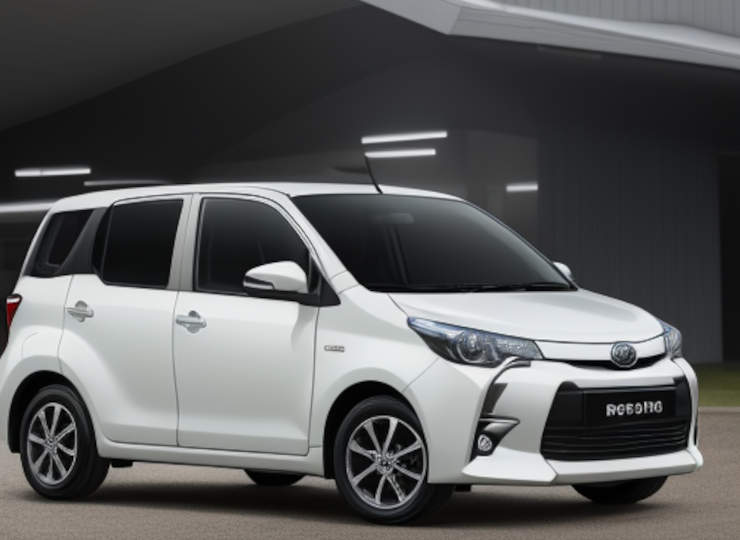文字のサイズ
- 小
- 中
- 大
Toyota and Daihatsu announce new structure
On 8 April 2024, Toyota and Daihatsu announced a new structure as of 1 May to revive Daihatsu from the certification fraud issue.

Under the idea of becoming a ‘Mobility Company with a focus on mini vehicles’, the existing ‘Small Vehicle Company for Emerging Countries’, a joint venture between the two companies, will be abolished and replaced by a new structure in which Toyota will be responsible for all overseas operations, from development to certification. Daihatsu has shifted to an outsourced structure, whereby Daihatsu is responsible for substantive development on behalf of Toyota’s Toyota Compact Car Company.
This means that Daihatsu’s various operations will now report to Toyota, and Toyota will take the lead in the revitalisation of Daihatsu. From a ‘home and away’ perspective, this reorganisation means strengthening the authority of the Toyota Compact Car Company in the compact car business, but from the perspective of the Toyota camp as a whole, the relationship between Daihatsu and Suzuki in the mini-car field may also be considered for further reorganisation from the perspective of ‘selection and concentration’. The Toyota Group’s moves to optimise its operations, with a focus on Daihatsu, will continue to attract attention in the future.
For companies in the automotive industry, which is undergoing a major transformation, sustainable management is a pillar of their strategy to achieve stable growth over the medium to long term. As well as working to improve profitability and technological innovation in their existing businesses, companies are also working on new businesses to stabilise their operations as an important element of their management strategy.
In addition to utilising the technology and know-how that each company has developed in the automotive sector to date to increase the value of vehicles, they are also working to expand the scope of value provision to other forms of mobility and to create new value that can contribute to solving issues not only in the field of mobility but also in society as a whole.
In addition to contributing to solving various issues facing society, such as environmental and logistics challenges, mobility support, ageing infrastructure, food supply issues and medical support, there is also a move towards providing value in the area of QoL, which leads to greater convenience and satisfaction in daily life, and the diversification of business areas and operations is becoming an irreversible trend.






